Description
ABSTRACT
The Multi-door Courthouse Concept: A Revolution in Alternative Dispute Resolution
Gogo Otuturu*
Alternative dispute resolution processes are quick, simple, inexpensive and technicality-free processes for the resolution of disputes. Traditionally, these processes operate side by side with the regular courts as alternatives to litigation and this invariably posed the problem of recognition and enforcement of settlement agreements and awards. The introduction of multi-door courthouses has revolutionized alternative dispute resolution processes by integrating them into the regular court system. Under the Multi-Door Court House Law of Lagos State of Nigeria for example, settlement agreements and awards reached through arbitration, conciliation and mediation are enforceable as judgements of the High Court. This paper examines the origin and development of multi-door courthouses in the United States of America and the multi-door courthouse revolution in Nigeria. It suggests that the various States in Nigeria should follow the initiative of the High Court of Lagos State, Kano State and the Federal Capital Territory in providing multi-door courthouse facilities. This will enhance access to justice and minimize delays in justice delivery.
INTRODUCTION
Disputes are inevitable in modern societies be they traditional, industrial or commercial. While the law seeks to avoid such disputes, it also provides different methods for resolving them when they arise. It goes without saying that litigation is the most obvious method of resolving disputes.
However, the high cost of litigation, the length of time required for conducting a lawsuit and the technical rules of procedure have given rise to a number of extra-judicial methods and procedures, which have come to be known as “alternative dispute resolution” methods. There are four primary alternative dispute resolution methods. These are negotiation, mediation, conciliation and arbitration.
This paper examines the concept of alternative dispute resolution and the variety of processes available as alternatives to litigation. It also examines the origin and development of multi-door courthouses in the United States of America. It further examines the multi-door courthouse revolution in Nigeria. It suggests that the various States in Nigeria should follow the initiative of the High Court of Lagos State, Kano State and the Federal Capital Territory in providing multi-door courthouse facilities.
ALTERNATIVE DISPUTE RESOLUTION PROCESSES
Alternative dispute resolution refers to a range of processes designed to aid parties in resolving their disputes without the need for a formal judicial proceeding.1 It has also been described as a variety of dispute resolution options such as negotiation, mediation, conciliation, arbitration and a host of hybrid mechanisms.2
The term therefore, refers to extra-judicial dispute resolution methods designed to complement the courts and the parties in resolving disputes more quickly and cheaply than litigation. It
* LL.M, BL, CBA, ACIArb. Principal Partner, Crown Chambers and Senior Lecturer, Department of Legal Studies, Bayelsa State College of Arts and Science, Elebele, Yenagoa
- Farley J ‘Alternative Dispute Resolution and the Outward Court Experiment’ (Paper delivered at the International Bar Association Meeting in Lagos, Nigeria on 27-28 February 1995) 1
- Ladan M. ‘Alternative Dispute Resolution: Benefits, Processes and Enforcement’ (Paper delivered at NIALS Government Legal Advisers’ Workshop in Lagos, Nigeria in August 1997) 2

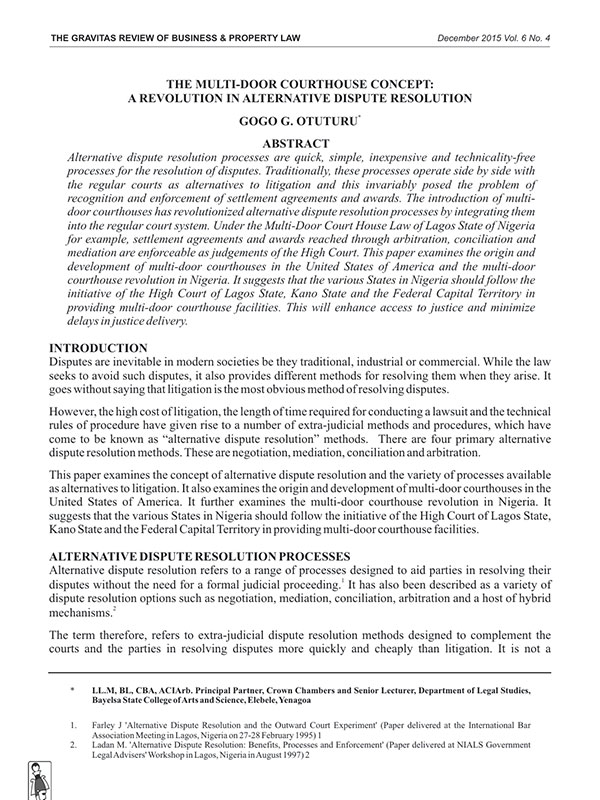
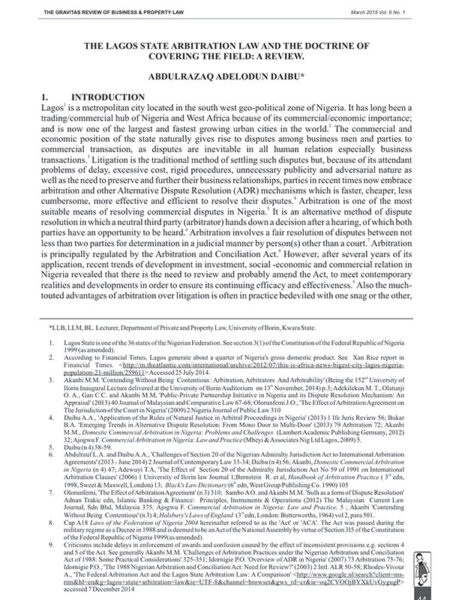
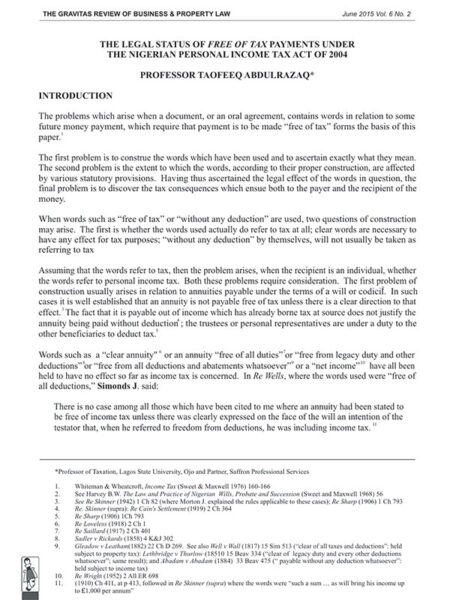
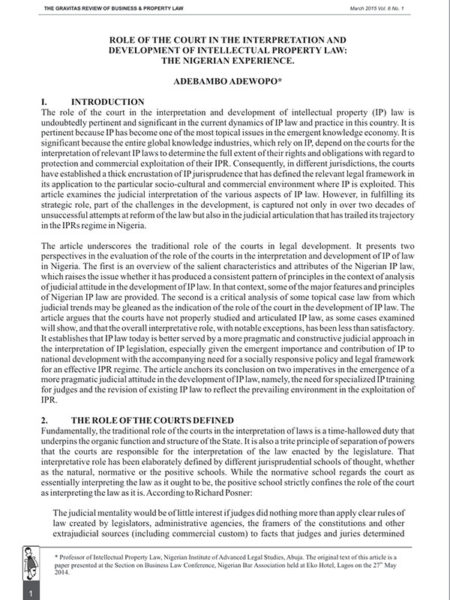
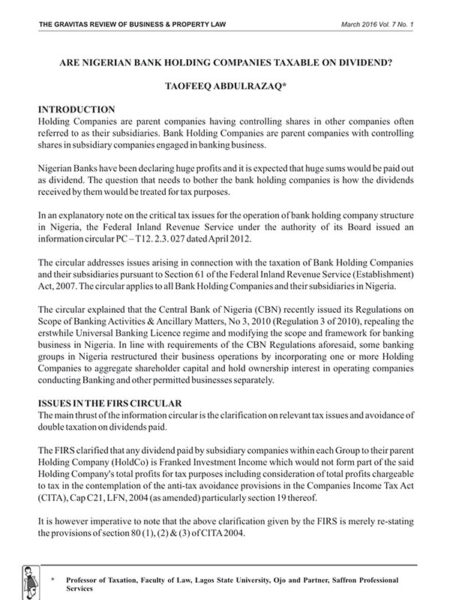


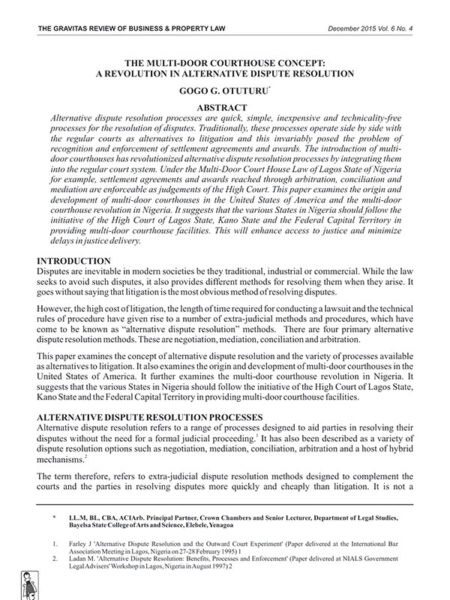
Reviews
There are no reviews yet.